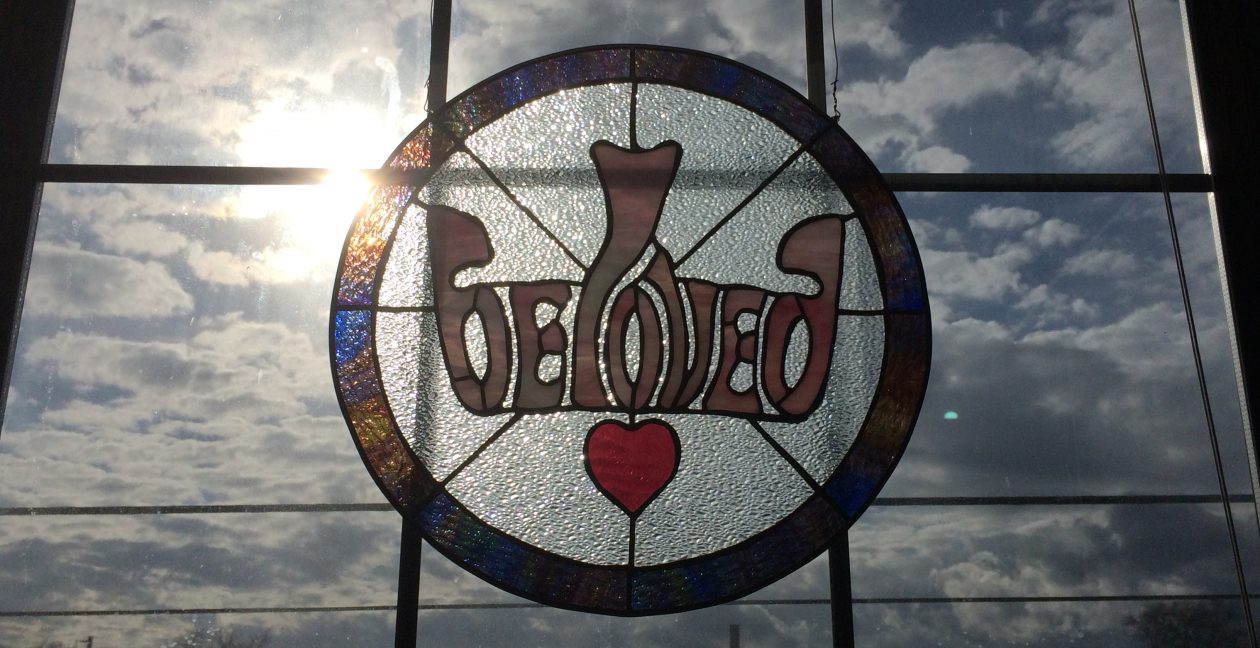John 5:2-9: Now in Jerusalem by the Sheep Gate there is a pool, called in Hebrew Beth-zatha, which has five porticoes. In these lay many invalids – blind, lame, and paralyzed. One man was there who had been ill for thirty-eight years. When Jesus saw him lying there and knew that he had been there a long time, he said to him, “Do you want to be made well?” The sick man answered him, “Sir, I have no one to put me into the pool when the water is stirred up; and while I am making my way, someone else steps down ahead of me.” Jesus said to him, “Stand up, take your mat and walk.” At once the man was made well, and he took up his mat and began to walk.
Do you want to be made well?
What kind of question is that?
After lying paralyzed for 38 years among the incurably blind and lame, who wouldn’t want to be made well?
Why would Jesus ask a question like that?
Could it be that Jesus knew how our infirmities can become our identities; after awhile, without them, who would we be?
Could it be that Jesus knew that we might fear the absence of our pain? Without our pain, what would we feel? Without all the time spent focused on our own issues, what would we do with ourselves?
Could it be that Jesus knew that we, like the man in the story, are likely to make excuses and blame others rather than take responsibility for our own healing?
Could it be that Jesus knew that, while we might fiercely deny it, we sometimes desperately hold onto that which cripples us? How else can we excuse ourselves from living life fully with joy and gladness of heart?
Do you want to be made well?
It’s deceptively difficult question. Strange how a broken leg can become a crutch.
In Deuteronomy 30:19, God says, “I have set before you life and death, the blessing and the curse. So choose life in order that you may live.”
The choice is set before us every day. Choose life. Choose to be made well. Choose to be made whole.
-Rev. Angie Wright
